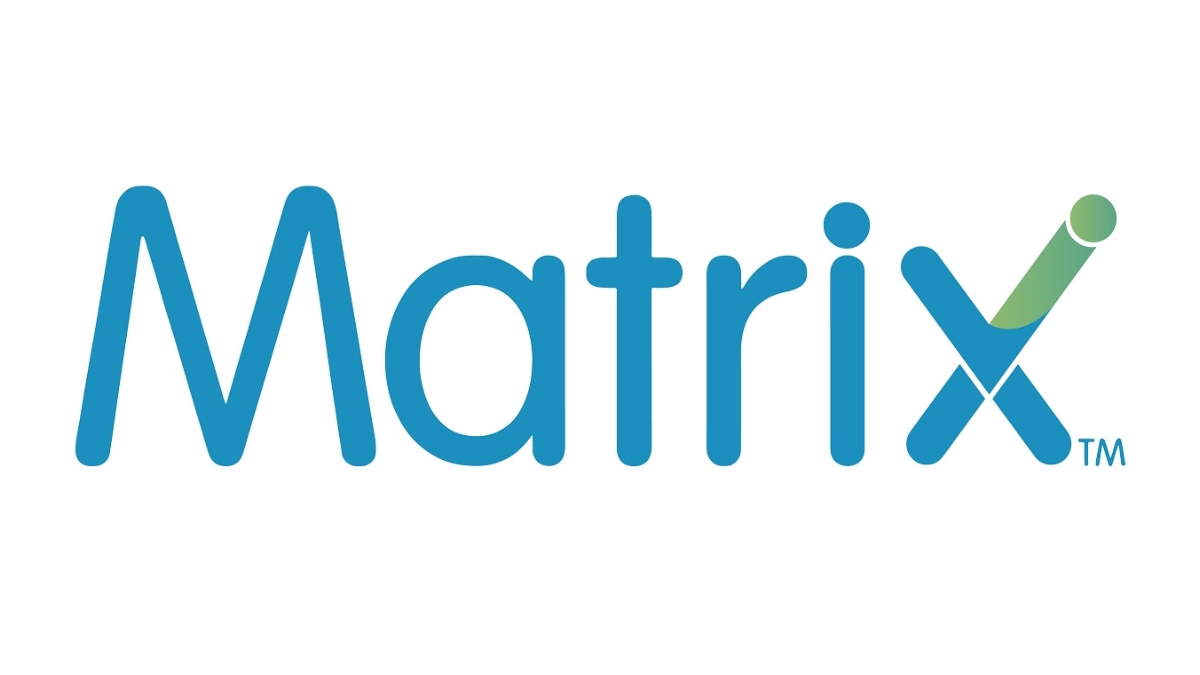TCS roll-out moved to Oct 1 amid pushback

The government on Wednesday “suspended” its decision to charge up to 20% TCS (tax collected at source) on foreign remittances through credit cards under the liberalised remittance scheme (LRS), days before the July 1 deadline for the roll-out of the controversial levy.
It also deferred the implementation of a higher TCS rate up to 20% on foreign remittances under the LRS for various purposes through different modes, including tour expenses, by another three months. The new rates will kick in from October 1 instead of July 1, according to a finance ministry statement.
Read | Overseas spending using credit cards not to attract TCS
Responding to criticism by experts of the controversial tax that neither “overtly” served the purpose of raising revenue (as, in principle, the TCS was to be refunded) nor supported the government’s “ease of living” motto, the finance ministry deferred the implementation of revised rates on foreign remittances and suspended its decision to include credit card payments in the existing LRS limit of $250,000 a year, two people aware of the development said requesting anonymity.
The finance ministry, however, said in the statement that the decision to postpone the May 16 notification was to “give adequate time to banks and card networks to put in place requisite IT-based solutions” in case of higher TCS rates.
Read | LRS tweak is ill-conceived
“This would mean that transactions through international credit cards while being overseas would not be counted as LRS and hence would not be subject to TCS,” it added.
Experts said the government’s statement on Wednesday is still ambiguous in intent and it appears that it is merely postponing a problem instead of resolving it conclusively.
The finance ministry said for the first ₹7 lakh remitted outward in a financial year under the LRS there shall be no TCS on all categories of payments through all modes regardless of the purpose.
“Beyond this ₹7 lakh threshold, TCS shall be a) 0.5% (if remittance for education is financed by education loan); b) 5% (in case of remittance for education/medical treatment); c) 20% for others,” it said.
“For purchase of overseas tour program package… the TCS shall continue to apply at the rate of 5% for the first ₹7 lakh per individual per annum; the 20% rate will only apply for expenditure above this limit,” it said.
Experts criticised the move as multiple tax rates would make the system complicated and lead to a compliance nightmare. They also pointed out that the move is also a roundabout way of reducing the overall LRS limit of $250,000 a year.
At least three experts, who did not wish to be named, said the government’s decision to bring in international credit cards under the $250,000 limit goes against the grain of the LRS, and also runs counter to the medium-term objective of convertibility.
HT on May 20 wrote that the government’s move effectively reduced the LRS limit.
“If the idea is to reduce the amount Indians can spend or invest overseas in a year, or use to buy assets such as houses or stocks, then it is anti-reformist, and goes against the original reasons why LRS was introduced. If the idea is to crack down on untaxed income finding its way overseas –— a cumbersome process given that even credit card spends are on the radar anyway — going after individual violators perhaps makes more sense than a sweeping rule change,” it pointed out.
The new Foreign Exchange Management (Current Account Transactions) Rules, notified last month on May 16, deleted a section that exempted credit card payments from the LRS. Thus, foreign remittances made through credit cards would have come under the LRS limit of $250,000 from July 1.
After the Reserve Bank of India on May 16 issued amended rules to include usage of international credit cards under the LRS in line with debit cards, the finance ministry on May 18 issued a clarification exempting business expenditure undertaken through credit cards “subject to verifying the bona fide of the transaction”.
On May 19, after more concerns were raised, the finance ministry issued a statement exempting transactions up to ₹7 lakh a year from the TCS requirement.

Atul Tiwari is a seasoned journalist at Mumbai Times, specializing in city news, culture, and human-interest stories. With a knack for uncovering compelling narratives, Atul brings Mumbai’s vibrant spirit to life through his writing.





